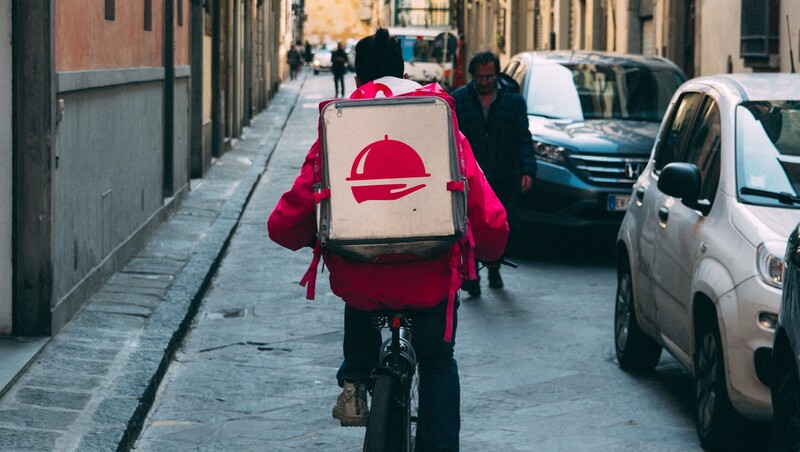We sat down with Mikal Skuterud on Free Lunch By The Peak to dive into how the Canadian immigration system works, and his argument on why and how it should change for the better.

Somebody should reboot Baywatch, because we need something, anything to motivate people to become lifeguards.
Driving the news: Canada is in the midst of a years-long lifeguard shortage that is forcing provinces and cities to take desperate measures to create more lifesavers in red Speedos.
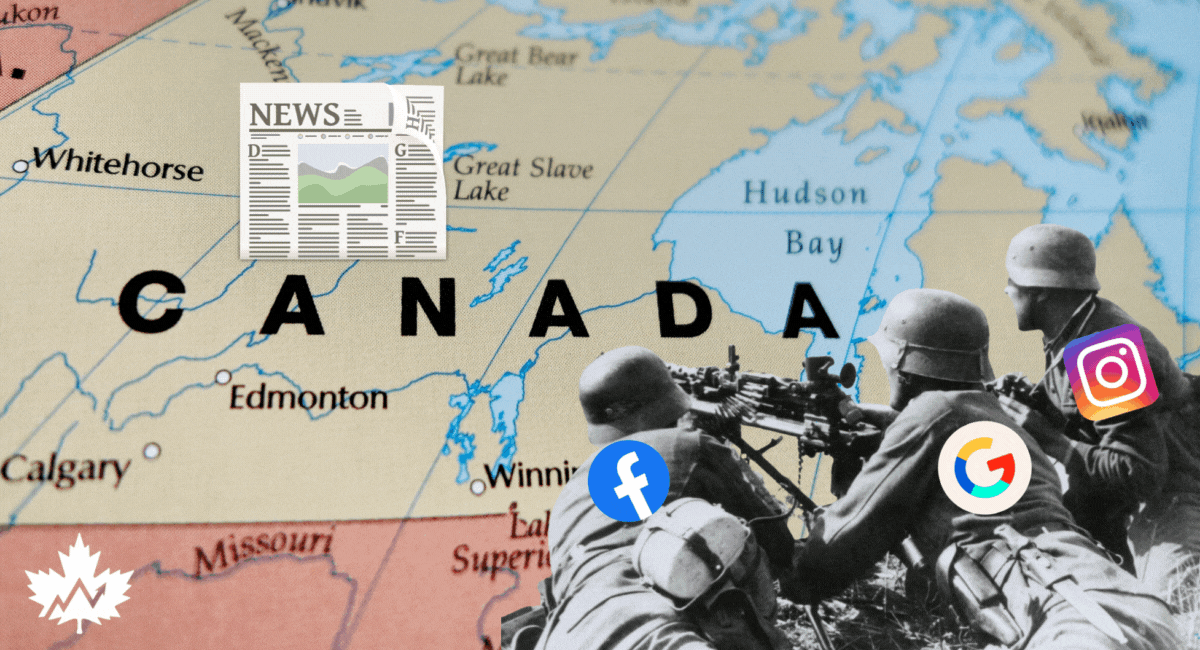
Google and Meta’s fight against the Online News Act may not really be all about Canada.
Driving the news: The companies’ goal in trying to quash a new Canadian law that requires them to pay news publishers for linking to their content is to prevent it from setting a global precedent that will embolden other nations to do the same, industry experts told Bloomberg.
Driving the news: The companies’ goal in trying to quash a new Canadian law that requires them to pay news publishers for linking to their content is to prevent it from setting a global precedent that will embolden other nations to do the same, industry experts told Bloomberg.

What happened: The case involved a grain buyer looking to purchase flax and a farmer who responded to his request. The buyer texted the farmer a prospective contract, asking him to confirm it. The farmer replied with a thumbs-up emoji, but never shipped the grains.

Meta’s new Twitter competitor, Threads, debuted on Wednesday and… it’s a hit.
What happened: After launching to almost 2 billion users in over 100 countries, the highly anticipated microblogging app has seen more than 30 million signups. In fact, it’s seen so much success that Twitter already threatened to sue Meta for being a copycat, per Semafor.

Getting ahead in the green transition doesn’t come cheap… just ask the government.
What happened: The federal and Ontario governments convinced automaker Stellantis and electronics company LG to resume the construction of their NextStar electric vehicle (EV) battery factory in Windsor. All it took was promising up to $15 billion in subsidies.

The gap between the richest and poorest Canadians is growing, but the reason why may surprise you.
Driving the news: The wealth gap between the top 20% of earners and the bottom 40% widened by 1.1 percentage points in the first quarter of the year, the fastest pace on record, per new Stats Canada data.

The feds just told Meta, “Oh, you wanna be withholding? Well, two can play at that game.”
What’s happening: The federal government has suspended its advertising on Facebook and Instagram—worth about $10 million annually—in response to Meta’s decision to block Canadian news content for Canadian users once the Online News Act comes into effect.
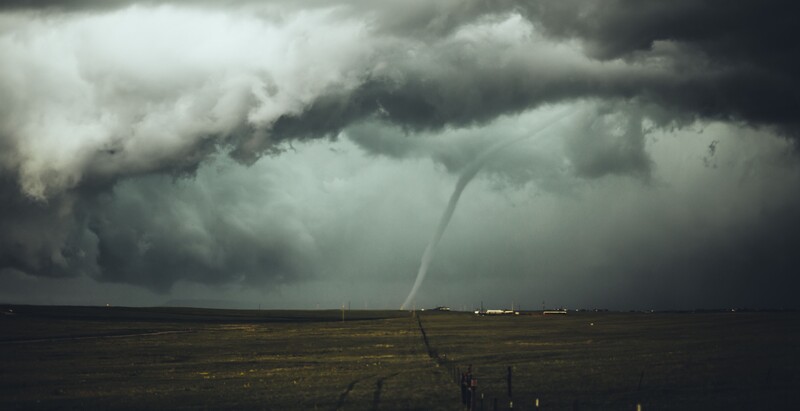
After only the US, Canada sees more tornadoes than anywhere else on Earth… and they might be getting stronger.
What happened: A massive tornado that tore through two towns north of Calgary over the weekend has been classified as stronger than 95% of tornadoes usually seen in Canada.

Mark Zuckerburg is ready to rumble… and no, we’re not talking about the cage flight that may or may not happen against Elon Musk.
Driving the news: Meta is sticking it to Twitter by launching a challenger called Threads. Tomorrow, the internet will have yet another choice for text-based expression *sigh*.
If you thought 25 years was a long time to spend paying off your mortgage, just wait until you see the multi-decade extensions some Canadians are getting (and not by choice, either).
Driving the news: With interest rates spiking over the past year, many Canadian homeowners are watching their amortization periods – the length of time it takes to fully pay off a mortgage – increase anywhere from 60 to 90 years.
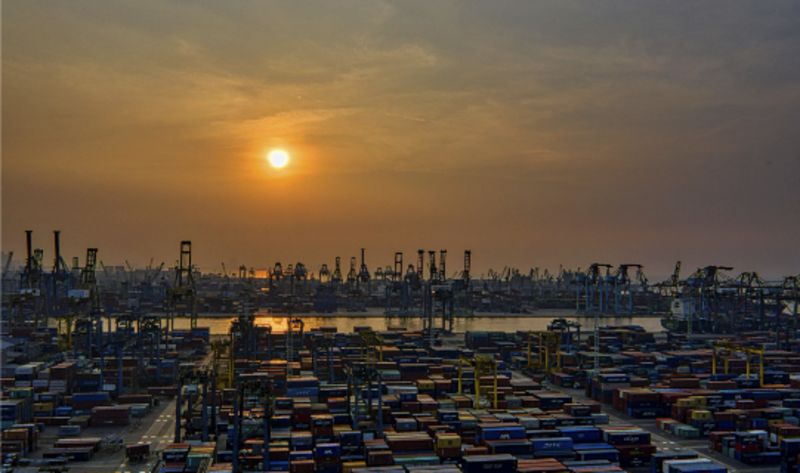
A union representing BC port workers has extended their long weekend until further notice.
What happened: A strike affecting BC ports has entered its fourth day and could potentially impact the flow of goods from the province’s coast—worth about $800 million every day.

While you were busy firing up the grill on Saturday, new clean fuel rules quietly came into effect.
Driving the news: Canada’s new Clean Fuel Regulations will require refiners and importers of gas and diesel to reduce emissions across all stages of fuel production and consumption, working towards reducing fuel emissions by 15% between 2016 and 2030.
Driving the news: Canada’s new Clean Fuel Regulations will require refiners and importers of gas and diesel to reduce emissions across all stages of fuel production and consumption, working towards reducing fuel emissions by 15% between 2016 and 2030.
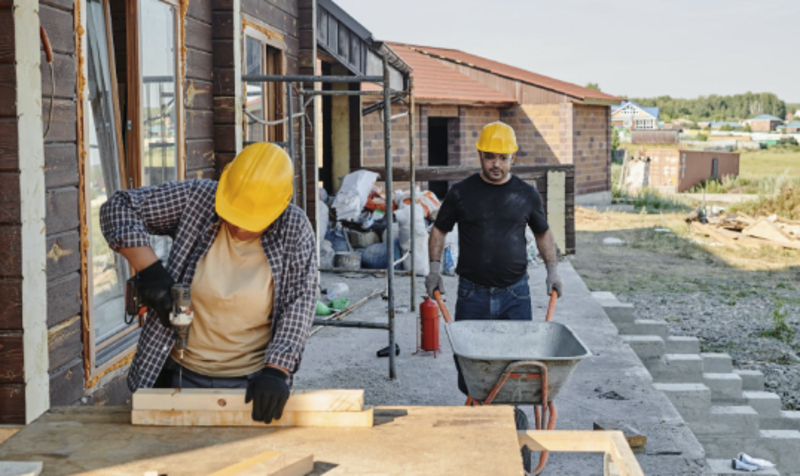
Hey, want to build houses? Asking for our friends in the construction industry.
Driving the news: As one-fifth of Canada’s construction workforce nears retirement age, the industry faces a severe labour crunch as it struggles to recruit new builders.
Driving the news: As one-fifth of Canada’s construction workforce nears retirement age, the industry faces a severe labour crunch as it struggles to recruit new builders.
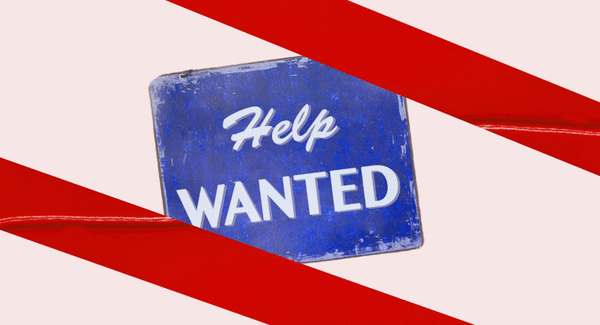
Canada has become pretty good at growing by attracting newcomers from abroad: The population is increasing by nearly 3% per year and recently crossed the 40 million threshold.
Yes, but: When it comes to making it easy for people to work in their field, it’s been a different story, with many professionals trained overseas unable to get credentials to work in Canada. Thankfully, that’s starting to change.
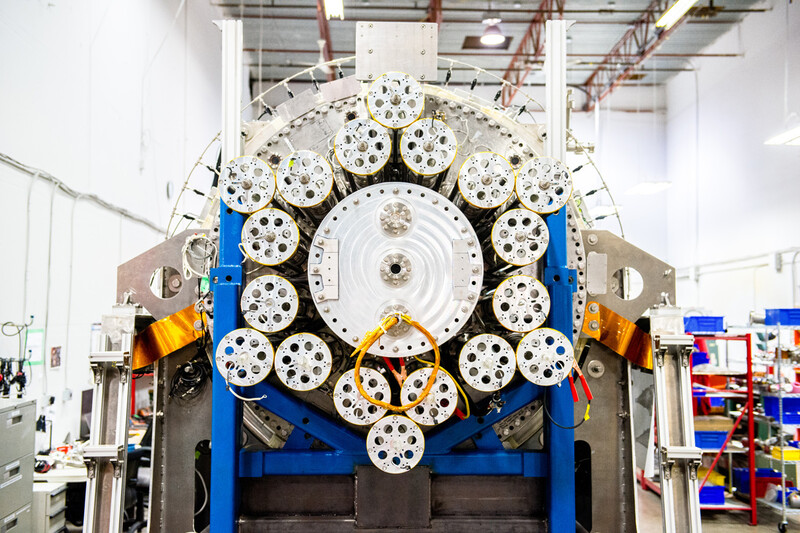
Energy has been a specialty of ours for a long time, and some brilliant Canadian innovators are helping keep that tradition alive by ushering in the next generation of energy tech.
Driving the news: From nuclear fusion and small-modular reactors to wind power to geothermal, Canada is pushing the boundaries of what’s possible when it comes to generating clean power.
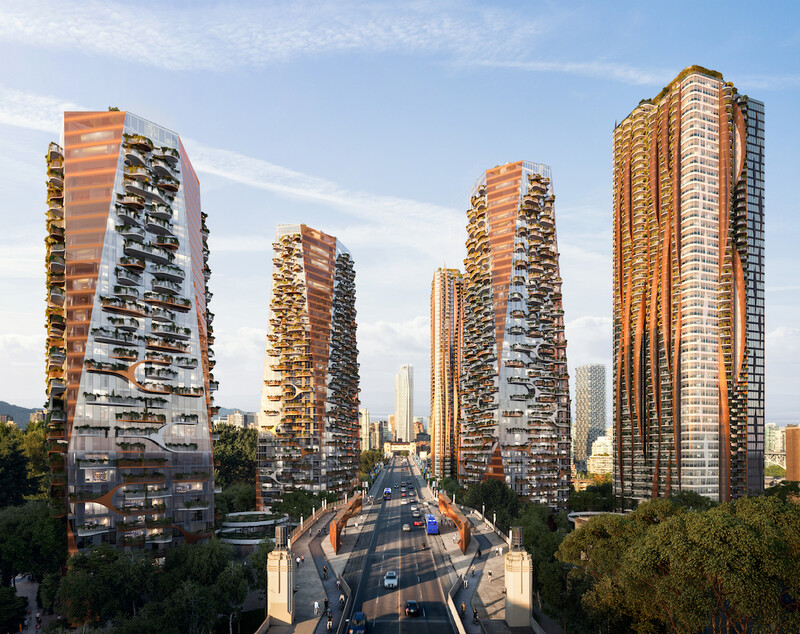
We don’t need to tell you Canada needs a lot more homes (around 3.5 million more by 2030 if you ask the Canadian Mortgage and Housing Corporation), and there’s no shortage of people talking about the problem.
But the Squamish First Nation in B.C. is actually doing something to fix it.
Catch up: Along with the 6,000-apartment Senakw development in Vancouver it announced last year, the Squamish are planning to develop more of their 350 acres of reserve land, over half of which is in Metro Vancouver.
.png)

